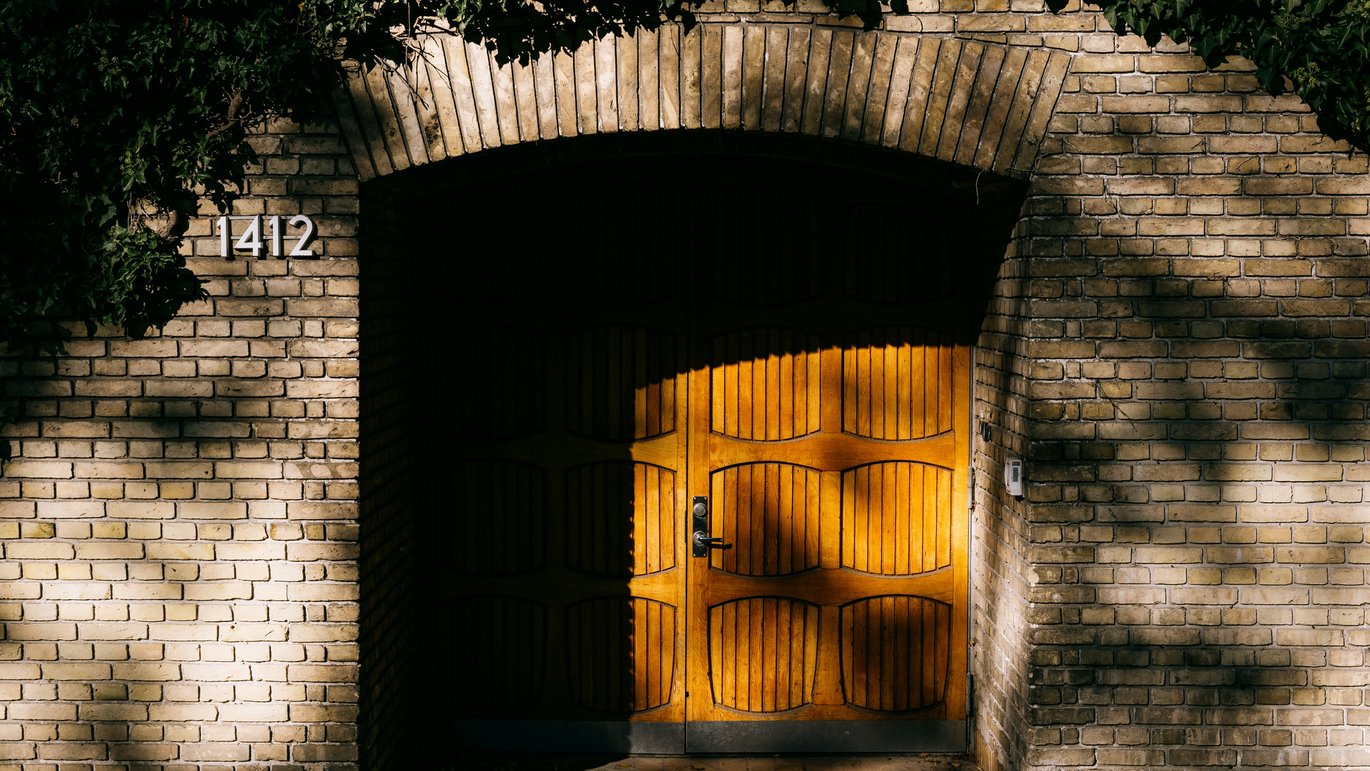AU has rejected researchers from China, Russia and Iran for security reasons
Eleven researchers from China, Iran, and Russia who applied for positions at Aarhus University have been rejected because they were deemed potential security risks. Aarhus University informed ResilienceTech, a media outlet affiliated with magazine Ingeniøren.

Last year, Aarhus University announced that it would begin conducting background checks on researchers from non-democratic countries before offering them employment. And this has now been put into practice.
Since March, 11 applicants from Iran, Russia, and China have been rejected. This was not due to their professional qualifications, but because they were deemed potential security risks. This is according to Ingeniøren's sister publication ResilienceTech, which obtained the figures from Aarhus University.
Last year, Brian Vinter, vice-dean for Research at the Faculty of Technical Sciences and head of AU’s implementation of guidelines for international research and innovation collaboration (URIS), explained that background checks would be introduced.
Background checks – also known as screening – are among the first measures AU will implement. These background checks will be made before hiring researchers from non-democratic countries. The screening tool was developed in collaboration with other Danish universities.
AU is particularly aware of the threat posed by Russia, China and Iran, which are considered adversary states whose intentions are not aligned with Denmark’s. In addition, the university looks at the new staff member’s research interests.
"The decision to screen someone’s background is triggered by which passport they hold, and we also focus heavily on what research field we’re dealing with and what kind of knowledge they’ll get access to. If you come from an undemocratic country and want to be part of our energy research, we do a really thorough investigation of what kind of relationships you have in your country, the research you’ve done before and whether you will make a substantial contribution to AU’s research. On the other hand, if you’re interested in working on sustainable agriculture, that’s something we’re naturally interested in sharing with the whole world, so in that case we’d be a lot more open.”
This is machine translated and post-edited by Cecillia Jensen

